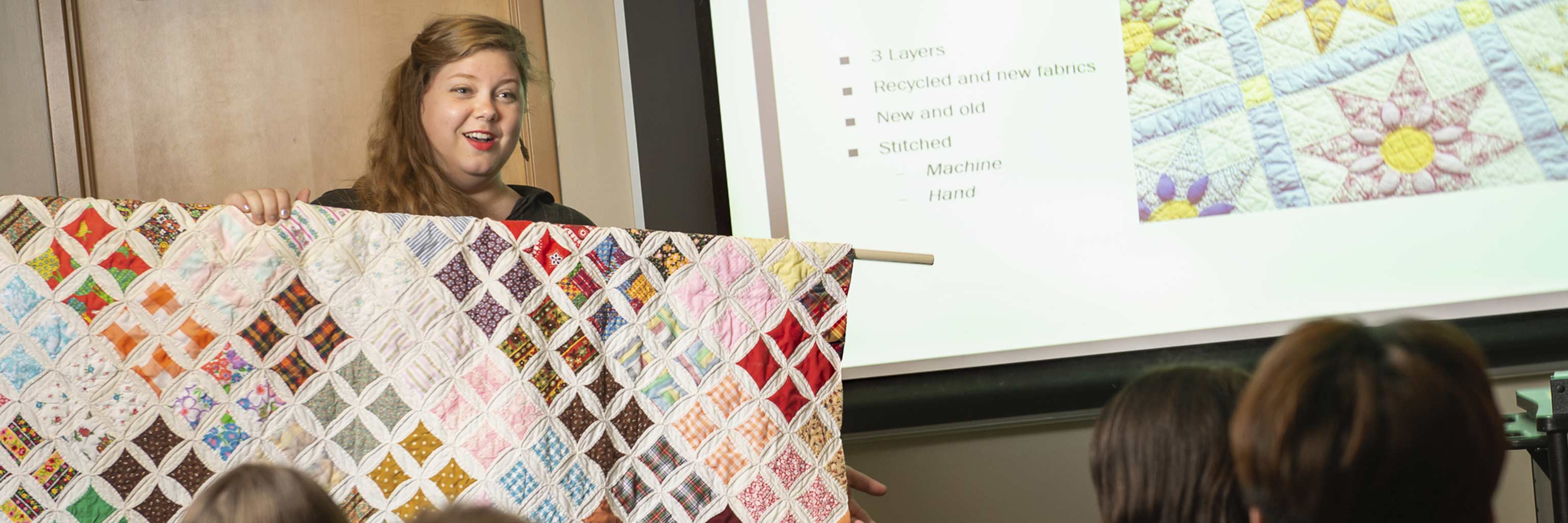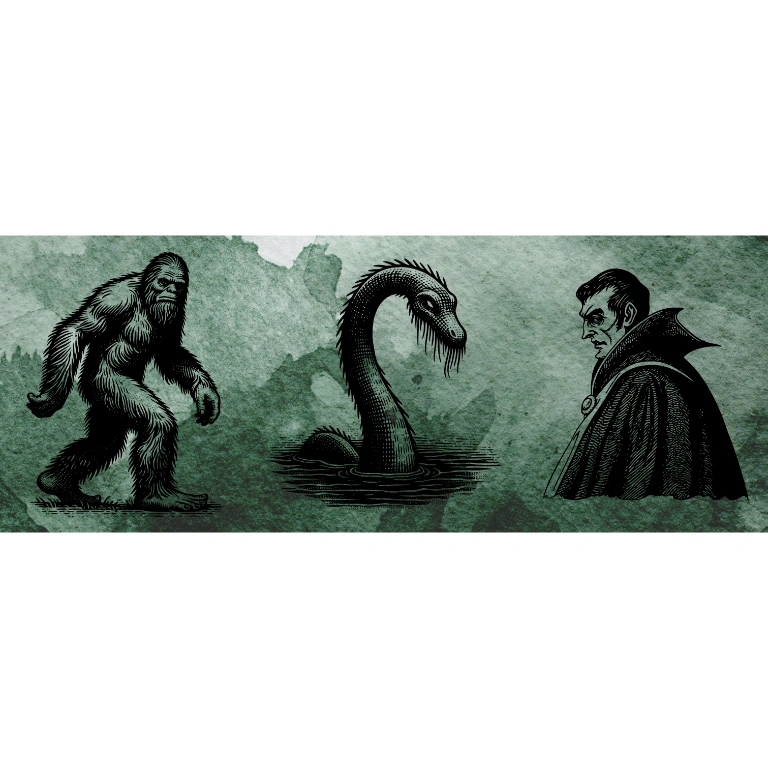
Music, Community, Sustainability
How do communities respond to environmental change? What impact does the environment have on musicking practices? This course will address the above questions and more using literature from ecomusicology, sound studies, and ethnomusicology.


 The College of Arts
The College of Arts